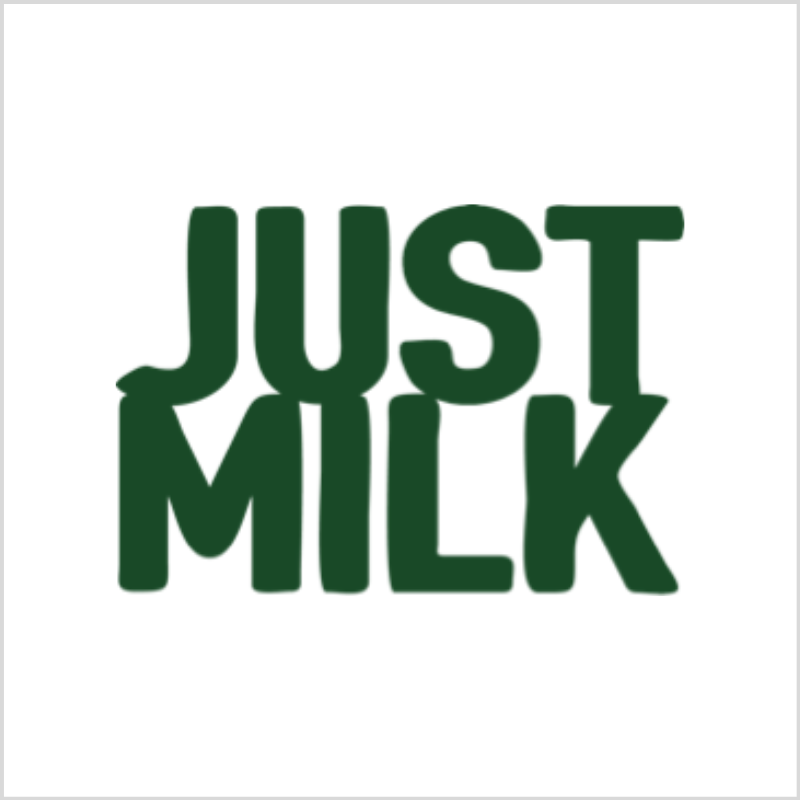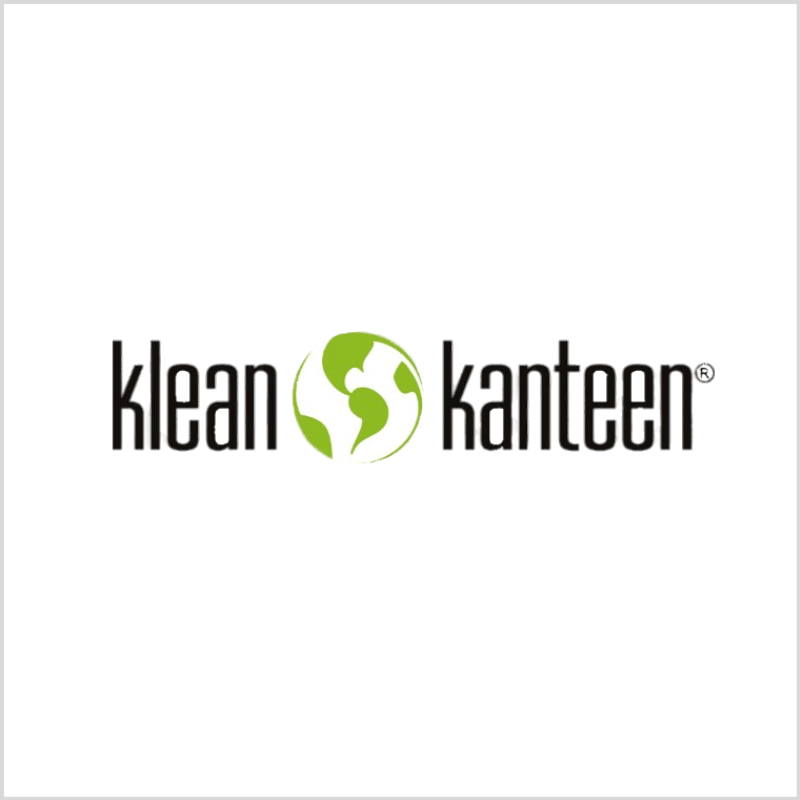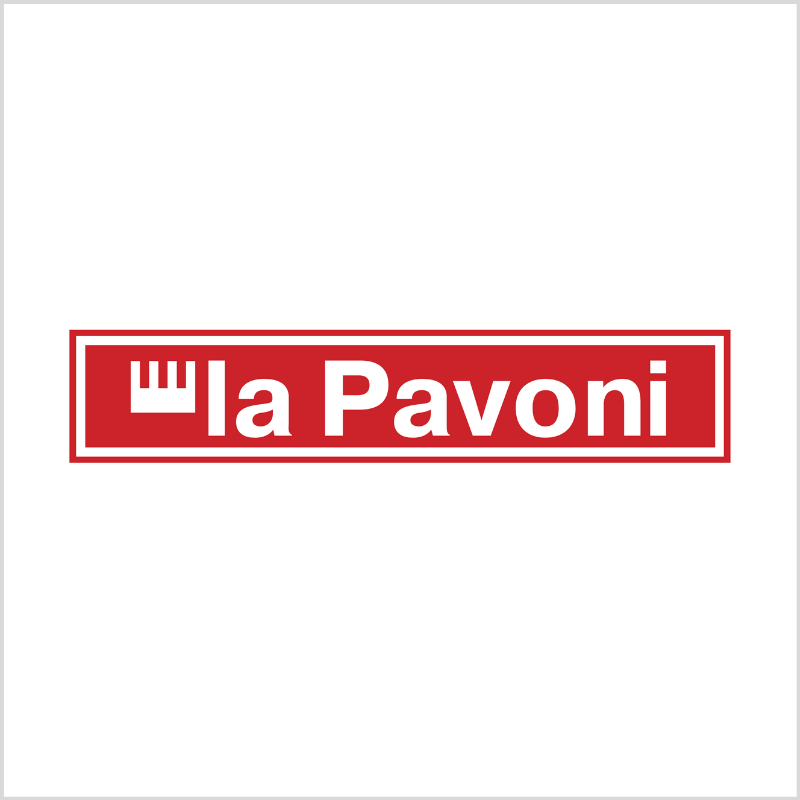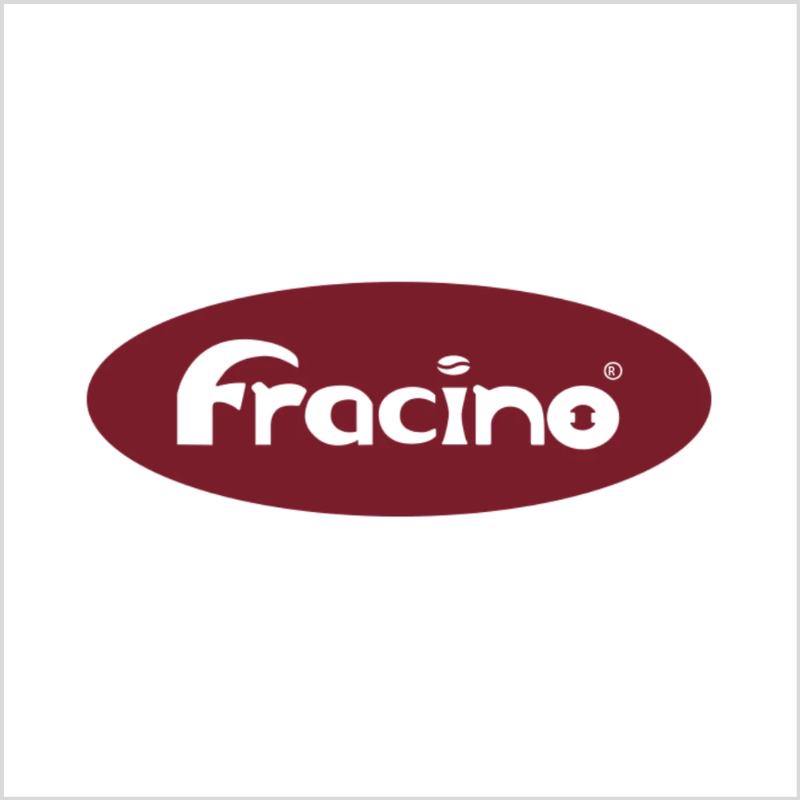Jabi Tehnan Woreda, Ethiopia
Jabi Tehanan is one of the Woredas (districts) that produces coffee in the Amhara Region. Sixteen of the forty-five kebeles (neighbourhoods) in the Woreda are coffee producers using irrigation and rainfall. A total of 3,108 hectares of land is covered by coffee plantation and it is the livelihoods for more than 16,010 households (80,050 people).
Our project, in partnership with WaterAid, is in three coffee producing kebeles (Woynima, Guay Wubeshet and Mankusa Abduguma) in the Jabi Tehnan Woreda, Amhara Region, West Gojjam zone, of Ethiopia.
Jabi Tehnan is one of the Woredas that has the lowest coverage of water, sanitation and hygiene practices (WASH), and struggles to sustain and improve the limited existing services it has. Climate change has deteriorated the WASH coverage, affecting the water quality and quantity. Pressures such as population growth, an increase in agriculture and a lack of maintenance of existing WASH services has led to a rapidly increasing demand for WASH services in the area. Data collected from health institutions in these intervention kebeles showed that helminthiasis, diarrhoea, pneumonia, and typhoid are among the ten leading causes of morbidity and mortality.
People in the Woynima , Guay Wubeshet and Mankusa Abduguma villages are known for producing good coffee. Many farmers in these villages proudly proclaim that their land can grow anything. Most people have half a hectare of land next to their houses where they grow coffee. However, these farmers rely on a traditional irrigation system to water their farm.
Many of the people living in these villages cannot access drinking water close to their home. They walk for over 15 minutes to the nearest water pump and queue up for several hours to fetch water. Since there is not enough water in these villages, households only have limited access to water supply for their farms.
Find out more about the importance we put on working with government in the next issue of our ‘Transforming the lives of coffee producers in Ethiopia’ series.
















